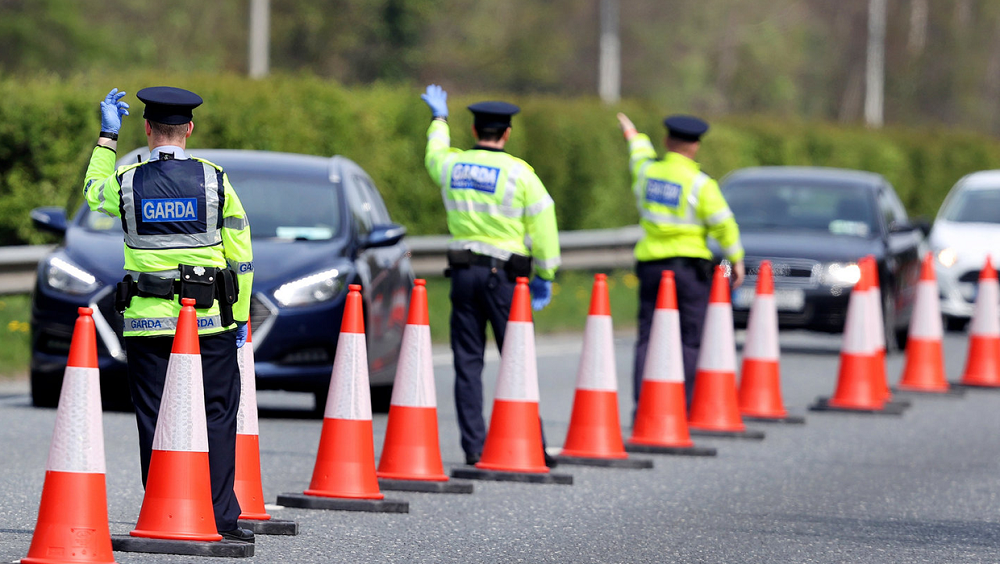Yesterday afternoon, almost ten weeks after the general election, Fine Gael and Fianna Fáil jointly published a ‘framework document’ intended as a basis for coalition government formation negotiations with smaller parties and independents.
The rush to judge was quick. Some commentators described the document as ‘vague’, ‘light’, ‘lacking detail’, and ‘purely aspirational’. These criticisms are not without foundation; there are indeed moments when it does read like an expansive wish-list of idealistic proposals. But is that synopsis reasonable?
To be fair to the work of both parties, to expect this document to be something it was never intended to be is a misinterpretation. Both parties told us in advance that this was not a programme for government and would not have detailed costings or timelines.
Fine Gael’s Communications Minister Richard Bruton described the document as a starting point for discussions with other parties to see if “it can deliver the stable arrangement that people want”. He acknowledged it was a “tricky road”.
Michael Collins’s summary of the 1921 Anglo-Irish Treaty comes to mind: “It gives us freedom, not the ultimate freedom that all nations desire… but the freedom to achieve it.” In today’s terms, we could describe the document not as the formation of a coalition government but the freedom to achieve its formation.
For the greater good
Allowing for the above caveats on what this framework document is not, what stands out most, apart from the obvious historic significance of the two “opposed” civil war legacy parties coming together in an attempt to form a government, is its language and tone.
The coronavirus has undoubtedly influenced it. In little over a month, our economy and society have changed in ways beyond anyone could have predicted. Many people have died, thousands more have contracted the virus, unemployment stands at 17%, almost 42% of the workforce are now in receipt of some form of state welfare, our shops and businesses are closed, and people are despairing of lockdown.
Yet despite all these reasons to be less than cheery, a huge amount of positivity and goodwill has been generated by this crisis. The virus has slowed our pace of life, affording us the rare luxury of time—time to focus on the important things in life, like community, quality of life, and the importance of public services, particularly our health service.
In the framework document, these values, embodied in words and phrases like “decency”, “a fair recovery”, “greater good”, “better future”, and “help each other” loom large. None of them appeared anywhere in the 2016 programme for government.
This phraseology matters because it shows that political priorities are moving to the left, away from the more individualistic, centre-right perspective of “me” to an emphasis on the “we”, the wellbeing of the collective and of community.

The document may not contain all the details of how these priorities will be precisely manifested, but the principles and vision that underpin them are there under promising titles like “Housing for All”, “A New Social Contract”, “A New Green Deal”, and “A Better Quality of Life for All”.
There are parts where these broad-brushstroke principles are expanded into more coherent policies, like the commitment to move to a living wage from the current minimum wage by the end of the lifetime of the proposed government; a pledge not to increase income tax or USC or to cut social welfare rates; or a new deal for renters that underpins security of tenure, stable, and affordable rents.
Inching towards change
There’s no doubt that implementing all of these promises, in full or even partially, will be a stretch given the huge financial pressures our economy faces after the coronavirus.
What really matters is that equitable principles are enshrined in this document and that the electorate, pending the formation of a Fine Gael–Fianna Fail coalition, hold the government to them.
The cynic might say that the document is just a ploy to speak a more socialist or egalitarian language to lure into government formation talks more left-leaning parties, like the Social Democrats, Greens, or Labour Party.
Perhaps they are right. But perhaps it is also a document that faces up to the reality of why Fine Gael and Fianna Fáil both performed so badly in the recent general election when compared to Sinn Féin. Their policies did not sit with the mood of the electorate, who clearly wanted a government to meet the needs of the population in fundamental areas such as health or housing.
Recent politics have been anything but predictable, and it is almost impossible to accurately forecast whether the gamble taken by Fine Gael and Fianna Fáil will pay off.
The framework document has, however, inched government formation forwards, at least a little. The ball is now in the court of the smaller parties. They must decide, hopefully quickly, whether the document does enough to encourage them to enter firm negotiations on government formation or decisively rule them out and set in motion a second general election later this year.

About the author
Amanda is Director of Policy and Campaigns at 360. She develops comms plans that are underpinned by strategic and policy considerations and achieve meaningful change. Her greatest strength is her ability to speed read, honed by many years of scanning newspapers for client coverage.
